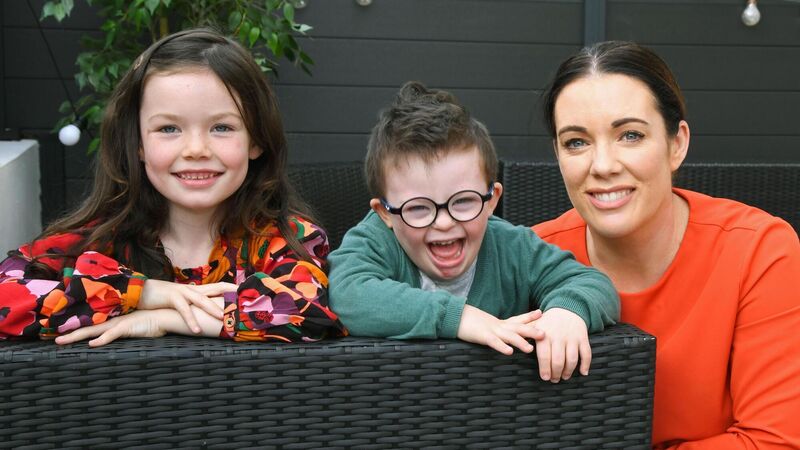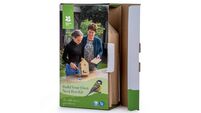Down Syndrome Cork: When communication is a family affair

CLOSE CONNECTION: Sophia and Harry Brassel with their mum Orla, who credits Down Syndrome Cork with giving the family an “avenue of communication” through its speech and language therapy programme. Pictures: Denis Minihane
Cork-based mum Orla Brassel was 15 weeks pregnant with son Harry when she discovered he had Down syndrome.
“The initial few weeks were just a fog – of worry, concern and fear of the unknown. I’d never had any contact with anyone with Down syndrome,” she says.









